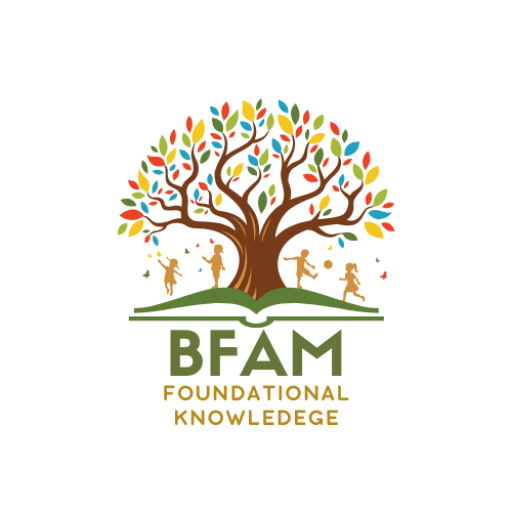How to embrace the eightfold path

The concept of Right Thinking, Right Speaking, and Right Actions is deeply rooted in Buddhist philosophy, particularly within the framework of the Noble Eightfold Path. This path serves as a guide for ethical and mental development with the goal of freeing individuals from suffering and achieving enlightenment. While these principles are primarily associated with Buddhism, they also resonate with various Indian philosophies, emphasizing the importance of mindfulness and ethical conduct in daily life.
Understanding the Noble Eightfold Path
The Noble Eightfold Path consists of eight interconnected practices that lead to spiritual awakening and liberation from suffering. These are:
- Right Understanding: Comprehending the nature of reality and the truth of suffering.
- Right Intent: Cultivating an attitude of love and non-attachment.
- Right Speech: Speaking truthfully and harmoniously.
- Right Action: Acting in ways that do not harm others.
- Right Livelihood: Earning a living in a way that does not cause harm.
- Right Effort: Cultivating positive states of mind and overcoming negative ones.
- Right Mindfulness: Developing awareness of the body, feelings, and thoughts.
- Right Concentration: Practicing meditation to achieve deeper states of awareness.
The Importance of Right Thinking, Speaking, and Actions
Right Thinking
Right Thinking involves cultivating a mindset that is aligned with compassion, wisdom, and understanding. It encourages individuals to reflect on their thoughts and intentions, ensuring they are rooted in positivity and clarity.
Example: Imagine a person who often feels overwhelmed by negative thoughts. By practicing right thinking, they can learn to recognize these thoughts and replace them with affirmations of self-worth and gratitude. This shift can lead to improved mental health and a more optimistic outlook on life.
Right Speaking
Right Speaking emphasizes the importance of communication that is truthful, kind, and beneficial. It encourages individuals to avoid gossip, harsh words, and deceitful speech.
Example: In a workplace setting, a manager who practices right speaking fosters an environment of trust and collaboration. By providing constructive feedback rather than criticism, they empower their team members, leading to increased morale and productivity.
Right Actions
Right Actions focus on ethical behavior that promotes harmony and well-being. This principle encourages individuals to act in ways that do not harm others and to engage in acts of kindness.
Example: A community volunteer who dedicates time to help those in need exemplifies right actions. Their commitment not only benefits others but also enriches their own life, creating a sense of purpose and fulfillment.
The Positive Impacts of Practicing Right Thinking, Speaking, and Actions
- Improved Relationships: By embracing right thinking and speaking, individuals can foster healthier relationships. Open and honest communication builds trust, while compassionate actions strengthen bonds with others.
- Enhanced Mental Well-being: Practicing mindfulness and positive thinking can reduce stress and anxiety. Individuals who focus on right thinking often experience greater emotional resilience and a more balanced state of mind.
- Increased Compassion: Engaging in right actions cultivates empathy and compassion. This not only benefits those around us but also creates a ripple effect, inspiring others to act kindly.
- Personal Growth: The discipline of following the Noble Eightfold Path encourages continuous self-improvement. Individuals become more aware of their thoughts, words, and actions, leading to a more intentional and fulfilling life.
- Community Impact: When individuals collectively practice right thinking, speaking, and actions, the positive effects extend to the community. A culture of kindness and understanding can lead to social harmony and collective well-being.
Takeaway
The principles of Right Thinking, Right Speaking, and Right Actions are not just abstract concepts; they are practical tools for living a more meaningful and fulfilling life. By integrating these practices into our daily routines, we can cultivate a mindset of compassion, foster healthier relationships, and contribute positively to our communities. The journey along the Noble Eightfold Path is one of continuous growth and transformation, leading us toward a life of greater peace and enlightenment.

